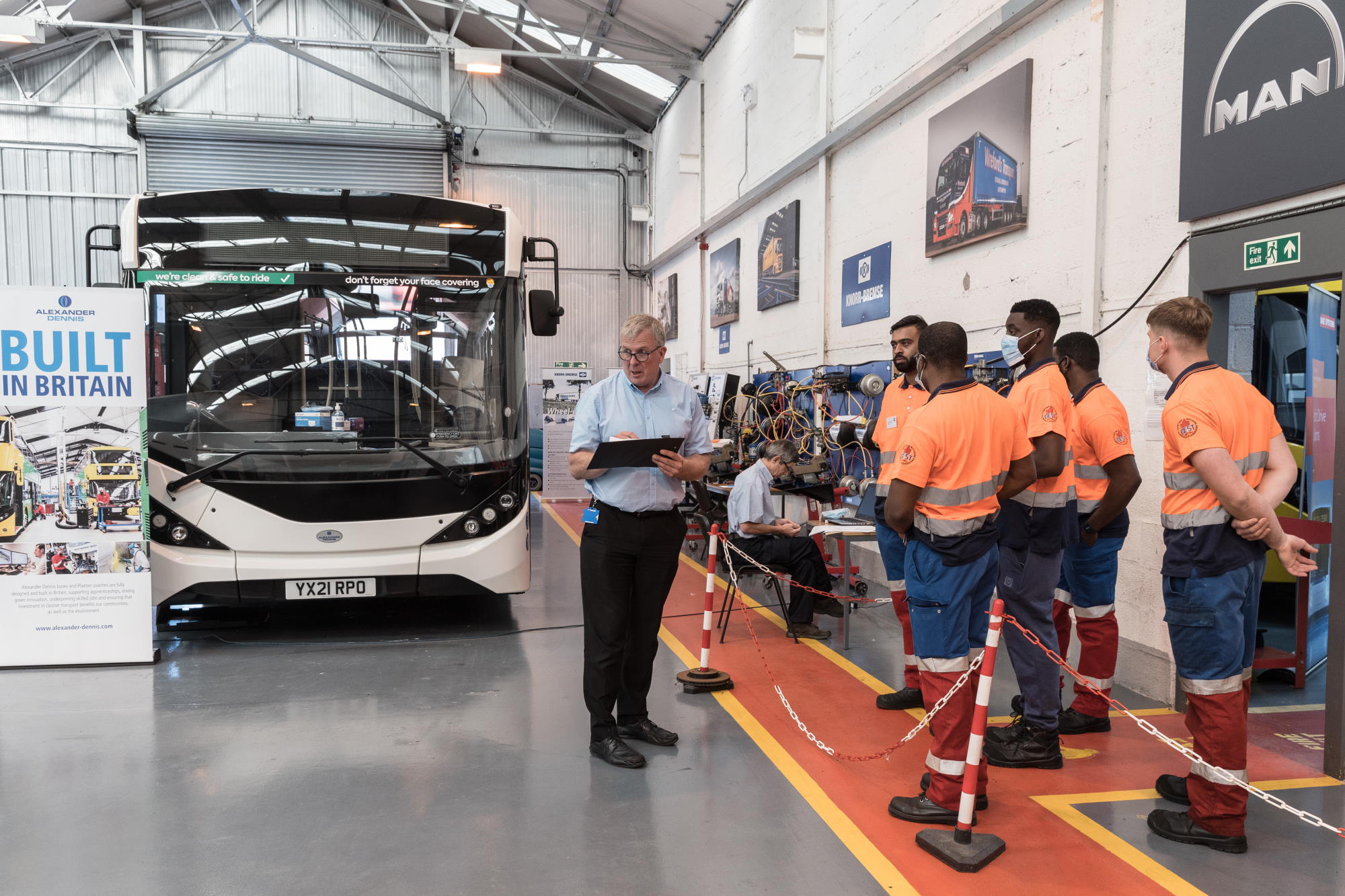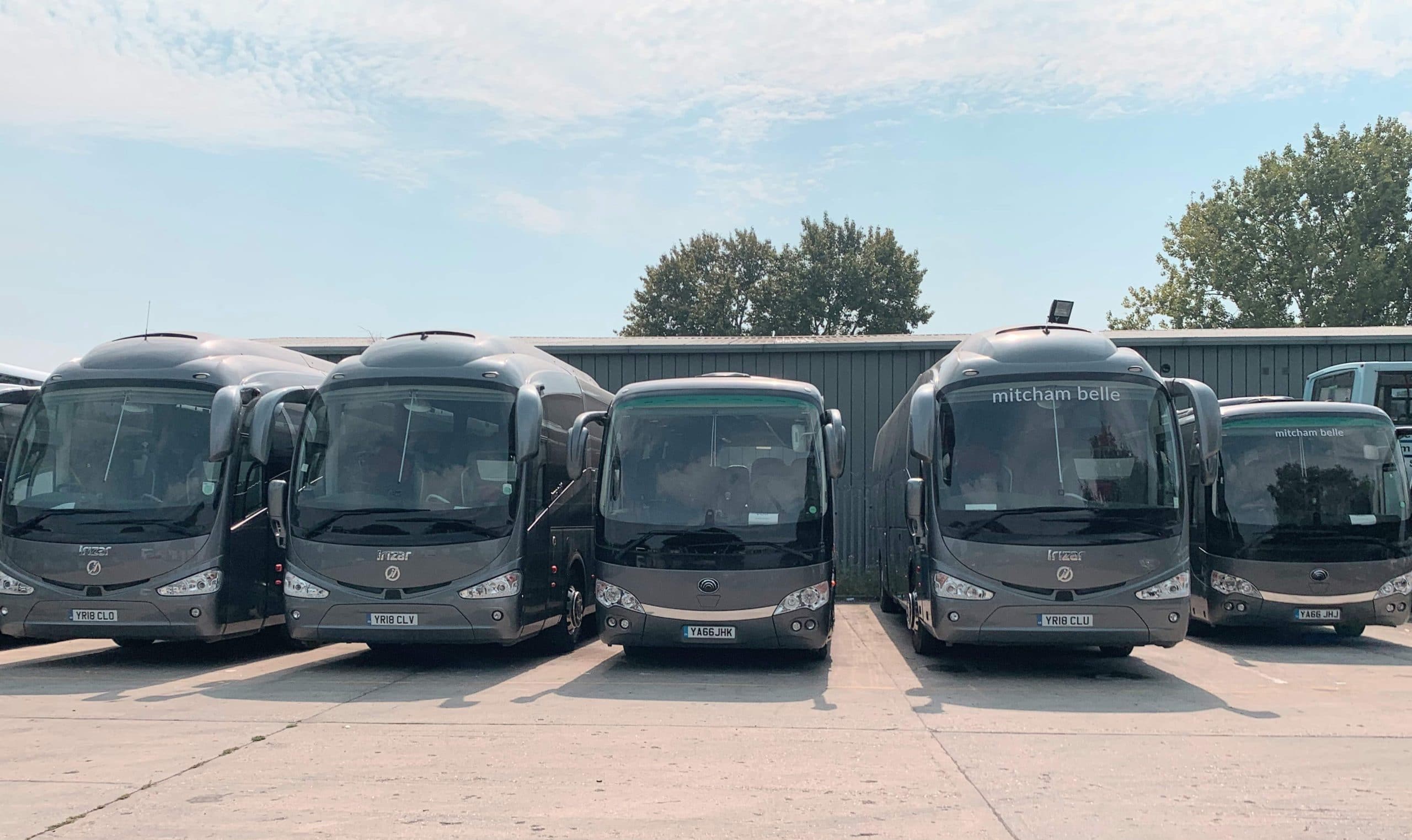The rise of new technologies and alternative fuels in the coach and bus industry has created a culture of continuous improvement for the apprentices and technicians keeping the vehicles on the road.
IRTE Skills Challenge sponsor FCL, a leading distributor and manufacturer of engine filtration technology, oils, lubricants and components for the commercial vehicle and PSV sectors, knows that without technicians regularly updating their skills, the standard of public transport provision would suffer.
James Hudson, FCL Sales Director, says: “Modern, reliable and cost-effective public transport is crucial for the UK economy. “This would not be possible without the talented pool of engineering teams supporting and maintaining fleets across the UK.”
During the first phase of the pandemic, FCL developed a pathogen eliminating HVAC air filter that could remove airborne particles which may contain pathogens and viruses such as SARS-CoV-2.
Many bus operators adopted the system and PEPA-F has been installed in HVAC systems in buildings and within bus stations, such as Birmingham New Street station and several Transport for London stations within London.
“As we move forward with different technologies which will require new products, maintenance and infrastructure requirements, FCL will use this skill set further to position our business in parallel to future legislation and regulations,” adds Mr Hudson.
“Sharing knowledge and experiences is crucial to learning and future development. It is even more important as greater complexities are introduced into the powertrain technologies that will be used and must be maintained in the future.
“The IRTE Skills Challenge provides a platform to enhance the fantastic work that never stops striving for improvement.”



























